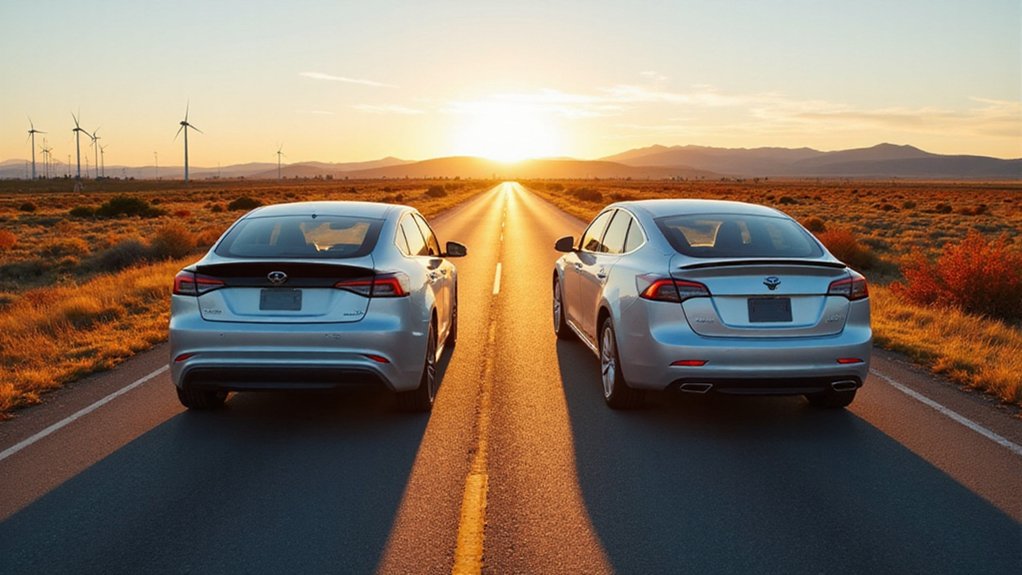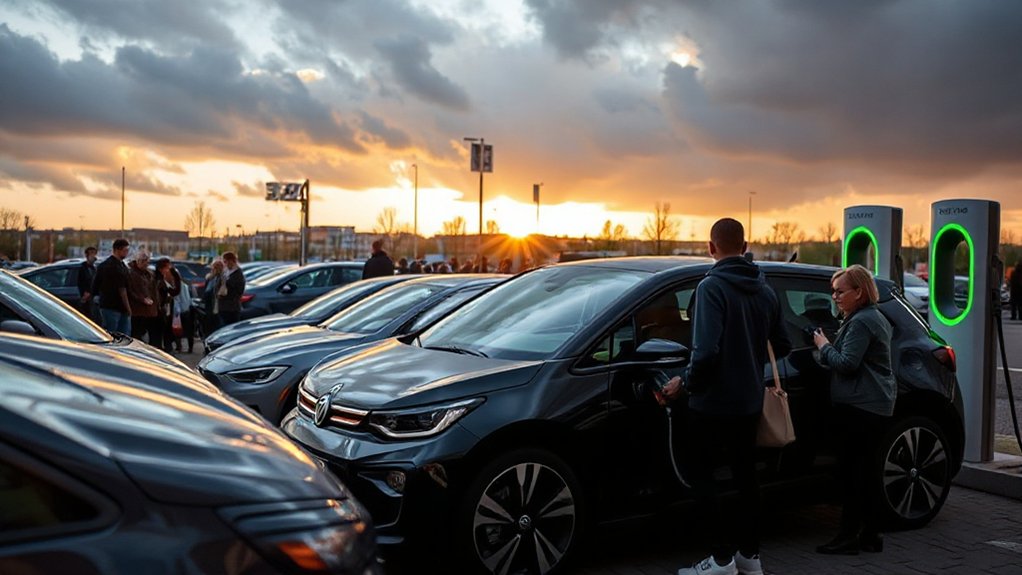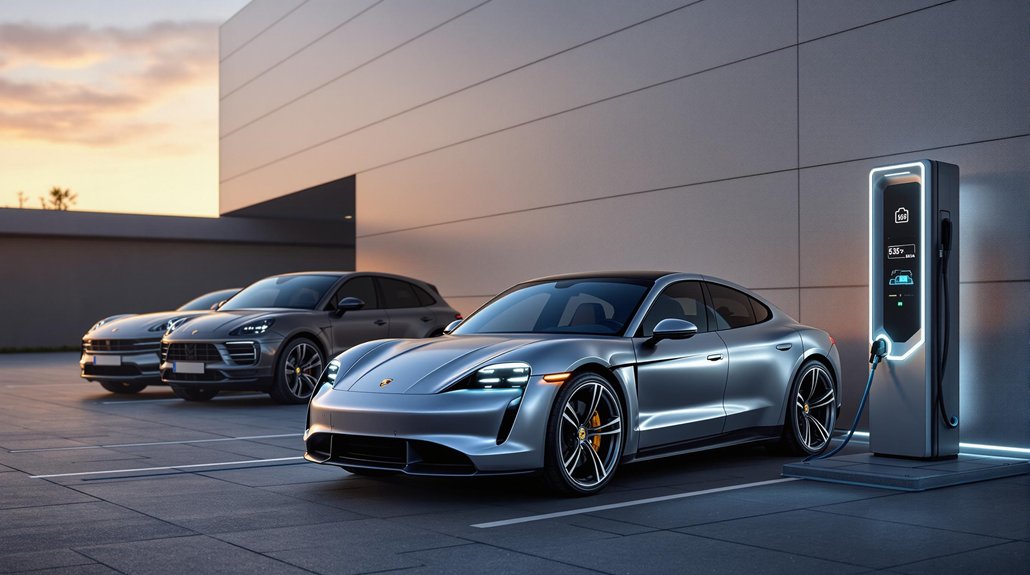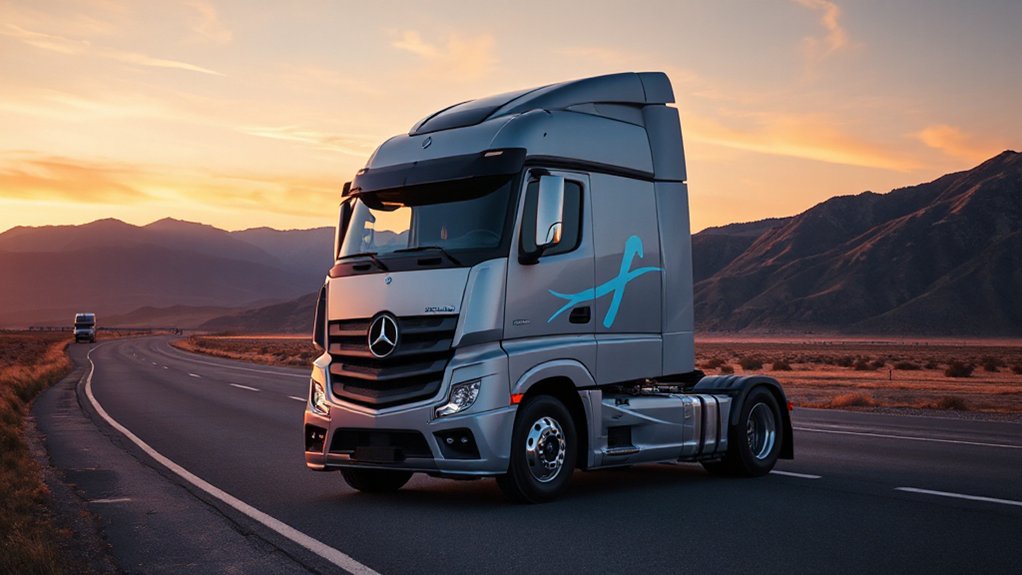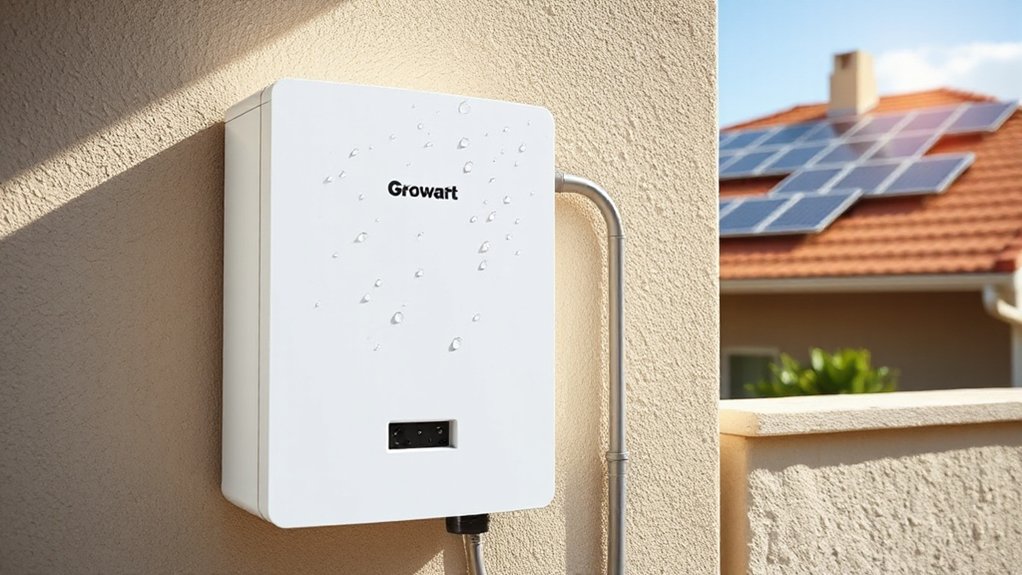Recent studies challenge the common belief that gas cars outlast electric vehicles. Research shows EVs have a median lifespan of 18.4 years, surpassing diesel cars by 1.5 years. With fewer moving parts, EVs experience fewer breakdowns and require less maintenance. They’re also more environmentally friendly, producing half the emissions of gas cars after 10 years of use. The economic advantages become clearer as battery technology continues to improve.
The race between electric vehicles and gas-powered cars continues to heat up as more consumers consider making the switch. Recent UK research studying nearly 30 million vehicles has revealed surprising results about vehicle longevity. Electric vehicles have a median lifespan of approximately 18.4 years, exceeding diesel cars by 1.5 years and coming very close to gasoline vehicles.
While gas-powered cars typically last 10-15 years or up to 200,000 miles, EVs are showing impressive staying power. They’re achieving about 13,000 kilometers more mileage than comparable gasoline cars over their lifetime. This means many EV owners are getting more road time from their investments.
The secret to EV longevity lies in their simpler design. Electric vehicles have fewer moving parts than gas cars, which means fewer things can break down. Modern EV battery packs are designed to last between 10-20 years, with laboratory studies showing they remain usable even after two decades. Maintaining battery charge between 20% and 80% helps prevent strain on battery cells and extends overall battery life.
EVs outlast gas cars thanks to simplified mechanics and battery tech that keeps performing decades after production.
Environmental benefits add another dimension to the EV advantage. The average US driver could cut their emissions in half by switching to an electric vehicle. While EVs do create more emissions during manufacturing, this “carbon debt” is typically paid back within 1-2 years of normal driving. After 10 years on the road, some EVs produce half the emissions of comparable gas cars. Similar to Louisiana’s growing solar installation trends, the EV market is experiencing significant economic impact across multiple sectors.
The economic picture also favors electric vehicles. Lower maintenance requirements and reduced fueling costs contribute to potential savings over the vehicle’s lifetime. Electric models like the F-150 Lightning can be $10,164 cheaper to own over three years compared to gas counterparts when tax credits are applied. As battery technology improves, these advantages are expected to grow.
Standard warranties for EV batteries currently stand at 8 years, though the actual lifespan often exceeds this period. Battery degradation, once a major concern, is being addressed through technological advancements.
As electric vehicle technology continues to evolve, research increasingly supports EVs as viable long-term investments. For consumers weighing their options, the data now shows electric vehicles can match or exceed gas cars in both longevity and performance.
References
- https://www.ontarioautocenter.com/news/do-electric-cars-last-longer-than-gas-cars/
- https://www.epa.gov/greenvehicles/electric-vehicle-myths
- https://www.caranddriver.com/shopping-advice/a32494027/ev-vs-gas-cheaper-to-own/
- https://www.youtube.com/watch?v=LADAxy1cC54
- https://www.factcheck.org/2024/02/electric-vehicles-contribute-fewer-emissions-than-gasoline-powered-cars-over-their-lifetimes/
